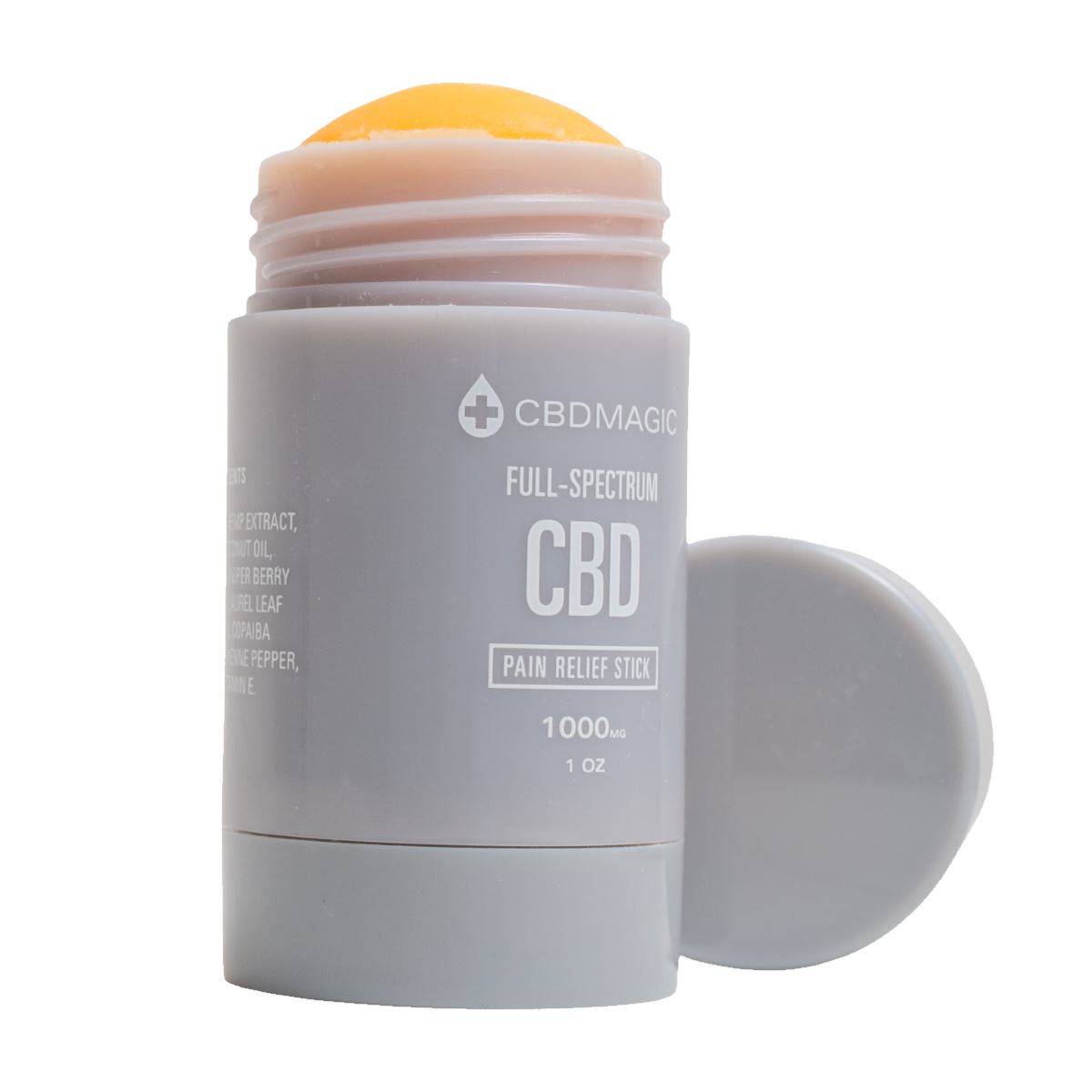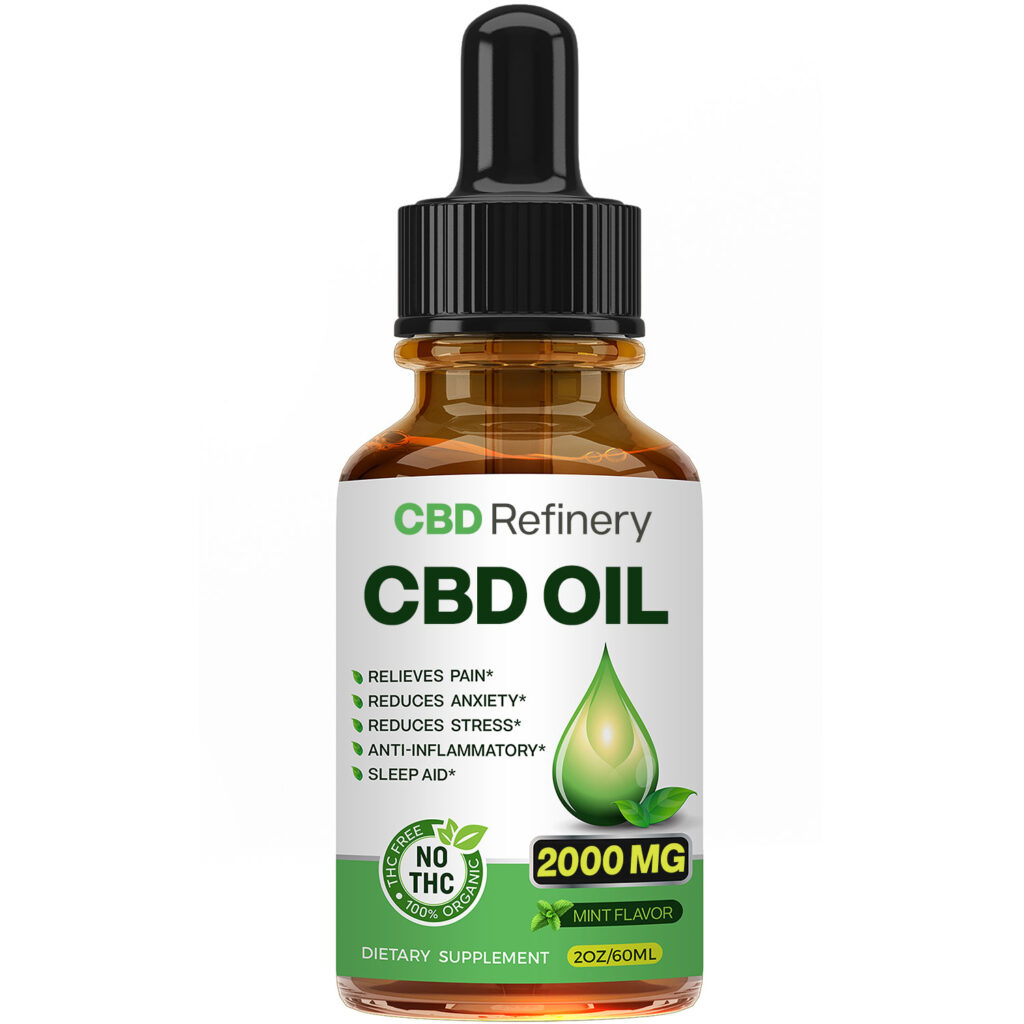CBD, short for cannabidiol, has gained immense popularity in recent years due to its potential health benefits and therapeutic uses. As more people seek natural remedies for various health conditions, CBD has emerged as a promising option. This article delves into the world of CBD, covering everything from its origins to its applications, ensuring you have a comprehensive understanding of this remarkable compound.
CBD is one of over 100 cannabinoids found in the cannabis plant, and unlike its counterpart THC (tetrahydrocannabinol), it does not produce psychoactive effects. This makes CBD an attractive option for individuals looking for relief without the "high" associated with cannabis use. Whether you're new to CBD or have been using it for a while, this guide will provide valuable insights and evidence-based information.
In this article, we'll explore the science behind CBD, its potential health benefits, how it interacts with the body, and important considerations for safe usage. Whether you're interested in CBD for pain relief, anxiety management, or general wellness, this guide will equip you with the knowledge you need to make informed decisions.
Read also:Michael Pitt The Enigmatic Actor Redefining Hollywoods Landscape
Table of Contents
- What is CBD?
- How CBD Works in the Body
- Potential Health Benefits of CBD
- Forms of CBD Available
- Dosage and Usage Guidelines
- Safety and Side Effects of CBD
- Legal Status of CBD
- Current Research on CBD
- Ensuring Quality and Purity of CBD Products
- Frequently Asked Questions About CBD
What is CBD?
CBD, or cannabidiol, is a naturally occurring compound found in the cannabis plant. Unlike THC, CBD does not produce psychoactive effects, making it a popular choice for those seeking therapeutic benefits without the "high." CBD is extracted from hemp plants, which are specifically cultivated to have low THC levels, ensuring compliance with legal regulations.
Key Characteristics of CBD:
- Non-psychoactive
- Rich in therapeutic properties
- Derived from hemp plants
- Legal in many countries
Research into CBD's potential applications continues to grow, with studies exploring its effects on inflammation, anxiety, pain management, and more. This compound has become a focal point in the health and wellness industry, offering a natural alternative to traditional medications.
Origins of CBD
The discovery of CBD dates back to the 1940s when scientists first isolated the compound from the cannabis plant. Since then, advancements in research and technology have allowed for a deeper understanding of its properties and potential uses. Today, CBD is widely available in various forms, including oils, capsules, and topical products.
How CBD Works in the Body
CBD interacts with the body's endocannabinoid system (ECS), a complex network of receptors and neurotransmitters responsible for regulating various physiological processes. The ECS plays a crucial role in maintaining homeostasis, influencing functions such as mood, sleep, appetite, and immune response.
Key Mechanisms of CBD:
Read also:Cole Prevost Dog The Ultimate Guide To Understanding And Caring For This Beloved Breed
- Interacts with CB1 and CB2 receptors
- Modulates serotonin receptors
- Influences pain-signaling pathways
Unlike THC, CBD does not directly bind to cannabinoid receptors but instead enhances the body's natural endocannabinoids. This indirect interaction is what gives CBD its therapeutic potential without causing psychoactive effects. Understanding how CBD works can help users make informed decisions about its use.
Endocannabinoid System (ECS) Overview
The ECS is a vital component of the human body, responsible for maintaining balance and regulating essential functions. CBD's interaction with this system highlights its potential as a natural remedy for various health conditions. By supporting the ECS, CBD may help alleviate symptoms associated with chronic pain, anxiety, and inflammation.
Potential Health Benefits of CBD
CBD has been linked to numerous health benefits, supported by both scientific research and anecdotal evidence. From managing chronic pain to reducing anxiety, CBD offers a wide range of therapeutic applications. Below are some of the most notable benefits:
- Pain Relief: CBD has anti-inflammatory properties that may help reduce chronic pain and inflammation.
- Anxiety and Depression Management: Studies suggest that CBD can modulate serotonin receptors, potentially alleviating symptoms of anxiety and depression.
- Sleep Improvement: CBD may promote better sleep by reducing anxiety and improving overall relaxation.
- Skin Health: CBD's anti-inflammatory and antioxidant properties make it beneficial for skin conditions such as acne and eczema.
While more research is needed to fully understand CBD's effects, the existing evidence is promising and highlights its potential as a natural alternative to conventional treatments.
Scientific Studies Supporting CBD Benefits
Several studies have investigated CBD's therapeutic properties, providing valuable insights into its potential applications. For example, a study published in the Journal of Pain Research found that CBD significantly reduced chronic pain in patients with arthritis. Another study in the Journal of Clinical Psychology highlighted CBD's effectiveness in reducing anxiety symptoms.
Forms of CBD Available
CBD is available in various forms, catering to different preferences and needs. Whether you prefer oral consumption, topical application, or inhalation, there's a CBD product designed to suit your lifestyle. Below are the most common forms of CBD:
- CBD Oil: One of the most popular forms, CBD oil is taken sublingually for fast absorption.
- Capsules: Convenient for daily use, CBD capsules offer precise dosing.
- Topicals: CBD creams and balms are ideal for localized pain relief.
- Vaping: Inhaling CBD through vaporizers provides rapid effects but may not be suitable for everyone.
Choosing the right form of CBD depends on your specific needs and preferences. Consulting with a healthcare professional can help you determine the best option for your situation.
Factors to Consider When Choosing CBD Products
When selecting CBD products, it's essential to consider factors such as potency, extraction method, and third-party testing. High-quality CBD products should be free from contaminants and undergo rigorous testing to ensure safety and efficacy. Reading customer reviews and checking for certifications can also help you make an informed decision.
Dosage and Usage Guidelines
Determining the right CBD dosage can be challenging, as it varies depending on factors such as body weight, condition being treated, and product potency. Starting with a low dose and gradually increasing it is generally recommended to assess tolerance and effectiveness. Below are some general guidelines:
- Begin with 5-10 mg of CBD and monitor how your body responds.
- Adjust the dosage based on desired effects and consult a healthcare professional if needed.
- Consistency is key; establish a regular routine for optimal results.
It's important to note that CBD affects everyone differently, so finding the right dosage may require some experimentation. Always follow the manufacturer's recommendations and seek professional advice if unsure.
Factors Influencing CBD Dosage
Several factors can influence how CBD affects an individual, including metabolism, body composition, and the severity of the condition being treated. Understanding these factors can help you tailor your CBD regimen for maximum effectiveness. Consulting with a healthcare provider experienced in CBD use can provide personalized guidance.
Safety and Side Effects of CBD
CBD is generally considered safe for most people, with minimal side effects reported in clinical trials. However, like any supplement or medication, it's essential to be aware of potential risks and interactions. Common side effects of CBD include:
- Dry mouth
- Drowsiness
- Changes in appetite
While rare, CBD may interact with certain medications, particularly those metabolized by the liver. If you're taking prescription medications, consult with your doctor before using CBD to avoid potential interactions. Monitoring your body's response and adjusting your regimen accordingly can help ensure safe usage.
Ensuring Safe CBD Usage
To ensure safe CBD usage, always choose high-quality products from reputable manufacturers. Look for products that undergo third-party testing and provide detailed information about their ingredients and manufacturing processes. Staying informed and educated about CBD can help you make safe and effective choices.
Legal Status of CBD
The legal status of CBD varies depending on the country and jurisdiction. In many places, CBD derived from hemp with less than 0.3% THC is legal, while products containing higher THC levels may be restricted. Understanding the legal landscape is crucial for ensuring compliance and avoiding potential issues.
Key Legal Considerations:
- Check local laws and regulations regarding CBD use.
- Ensure products meet legal THC limits.
- Stay informed about changes in legislation affecting CBD.
As the popularity of CBD continues to grow, governments worldwide are revisiting their policies to accommodate this emerging industry. Staying updated on legal developments can help you navigate the CBD market with confidence.
International CBD Regulations
Regulations surrounding CBD differ significantly across countries. While some nations have embraced CBD as a legitimate health supplement, others impose strict restrictions. Understanding these differences can help you make informed decisions about CBD usage, regardless of your location.
Current Research on CBD
Ongoing research into CBD's therapeutic potential continues to uncover new possibilities and applications. Studies are exploring its effects on a wide range of conditions, from epilepsy to neurodegenerative diseases. Below are some highlights from recent research:
- A study published in the New England Journal of Medicine found that CBD effectively reduced seizure frequency in patients with Dravet syndrome.
- Research in the Journal of Neuroscience suggests that CBD may have neuroprotective properties, offering potential benefits for conditions like Alzheimer's disease.
While more research is needed to fully understand CBD's effects, the existing evidence is promising and highlights its potential as a versatile therapeutic agent. Staying informed about the latest developments can help you make evidence-based decisions about CBD use.
Challenges in CBD Research
Despite the growing body of research, challenges remain in fully understanding CBD's mechanisms and effects. Factors such as regulatory restrictions and funding limitations can hinder progress in this field. However, as public interest in CBD continues to grow, so does the momentum for more comprehensive studies.
Ensuring Quality and Purity of CBD Products
With the increasing popularity of CBD, the market has become saturated with products of varying quality. Ensuring the quality and purity of CBD products is crucial for safety and effectiveness. Below are some tips for identifying high-quality CBD:
- Look for products that undergo third-party testing.
- Choose brands with transparent sourcing and manufacturing processes.
- Check for certifications from reputable organizations.
Investing in high-quality CBD products not only ensures safety but also maximizes the therapeutic benefits. Taking the time to research and select reputable brands can make a significant difference in your CBD experience.
Third-Party Testing Importance
Third-party testing is a critical component of quality assurance in the CBD industry. Independent laboratories analyze products for potency, purity, and the presence of contaminants. This ensures that the product meets safety standards and performs as advertised. Always prioritize products that provide detailed lab results for transparency and trust.
Frequently Asked Questions About CBD
Below are some common questions and answers about CBD to help clarify any doubts or misconceptions:
Will CBD Get Me High?
No, CBD does not produce psychoactive effects. Unlike THC, CBD interacts with the body's endocannabinoid system without causing a "high," making it a safe and effective option for many users.
Is CBD Legal Everywhere?
CBD's legal status varies depending on the jurisdiction. In many places, CBD derived from hemp with less than 0.3% THC is legal, but it's essential to check local laws and regulations to ensure compliance.
How Long Does CBD Take to Work?
The effects of CBD can vary depending on the form and dosage. Sublingual oils and vaping typically produce faster results, while capsules and edibles may take longer to


